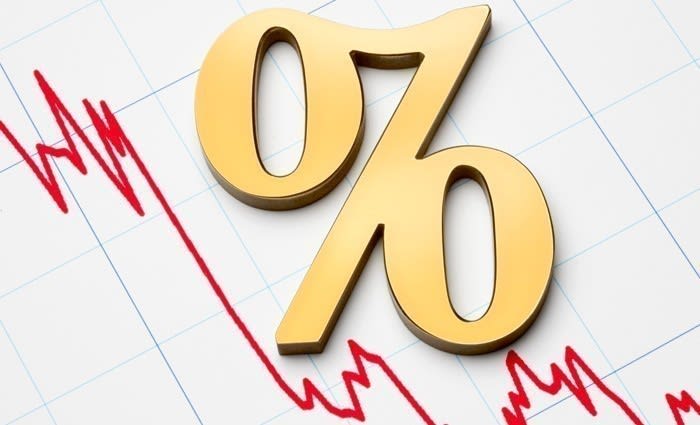Why the RBA will cut interest rates in 2019
There are three leading economists who think that the Reserve Bank will be cutting interest rates this year; AMP Capital's Shane Oliver, Industry Super's Stephen Anthony, and Market Economics' Stephen Koukoulas.
"The Reserve Bank is conflicted. It knows the economy is slowing and that risks are building in asset markets, especially east coast property," Mr Anthony told Nine Entertainment.
"But should that be the official forecast? It also knows that if it can 'manage' sentiment it may also contribute to a softening of activity rather than a bust, especially via property prices and dwelling investment."
It was more likely we had entered "a secular bear market phase" with respect to asset prices, Mr Anthony suggested.
"With the background being declining residential house prices, especially in Sydney and Melbourne, the wealth effects will be significant, likely reducing household consumption growth to at or below 2 per cent in 2019."
Dr Oliver believes the Reserve Bank's bias is "still slightly hawkish" in that "it has not turned dovish yet but it is getting less hawkish and bit more open to the view that the next move in rates may not be up".
Nine Entertainment did a poll of 38 economists on the direction of the next interest rate move and 35 advised the Reserve Bank will likely put them up in 2020.
The consensus was that the RBA would raise the official cash rate to 1.75 percent by June 2020.
Eighteen months ago most of them were forecasting a rate rise in 2018. Six months later, predictions moved to 2019. Now the general consensus is rates won't go up until 2020 - with some even calling out to 2021.
AMP chief economist Shane Oliver arrived at his view a few weeks back after the September quarter Australian GDP figures (which came in December) showed the rate of growth had slowed to an annualised 2.8 per cent.
Oliver reasons that the RBA won't move to lower the rate in any attempt to head off further falls in the property market but to help households that carry a mortgage.
But the reversal in house values over the past year has promoted a negative wealth effect which is more likely to result in consumers spending less.
To have much impact the RBA would need to cut twice so Oliver said the official cash rate might go down to 1 percent given the slump in the major housing markets of Sydney and Melbourne.
The Reserve Bank made a policy error in pursuing stability in interest rates in the belief this would encourage confidence, Mr Koukoulas argued.
"The very slight change in tone in recent times is a belated realisation of this error and if, as seems likely, inflation remains outside its target range and its rosy forecasts for growth and unemployment fall flat, it will, pragmatically, change tack."
The wealth effect and its relationship with consumption growth also had been played down, he said, "at its peril".
The RBA will announce its initial 2019 monetary policy decision when the board convenes next month.
